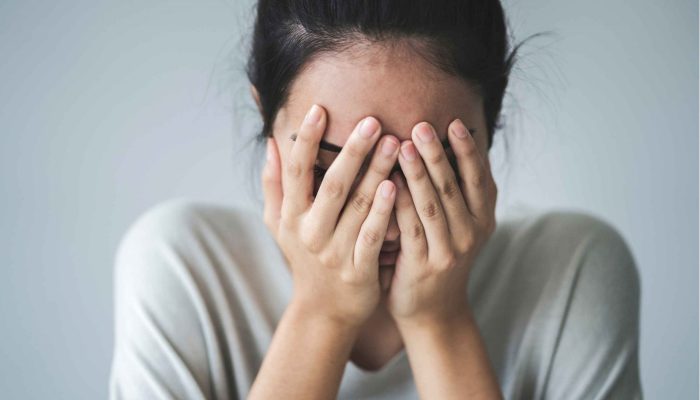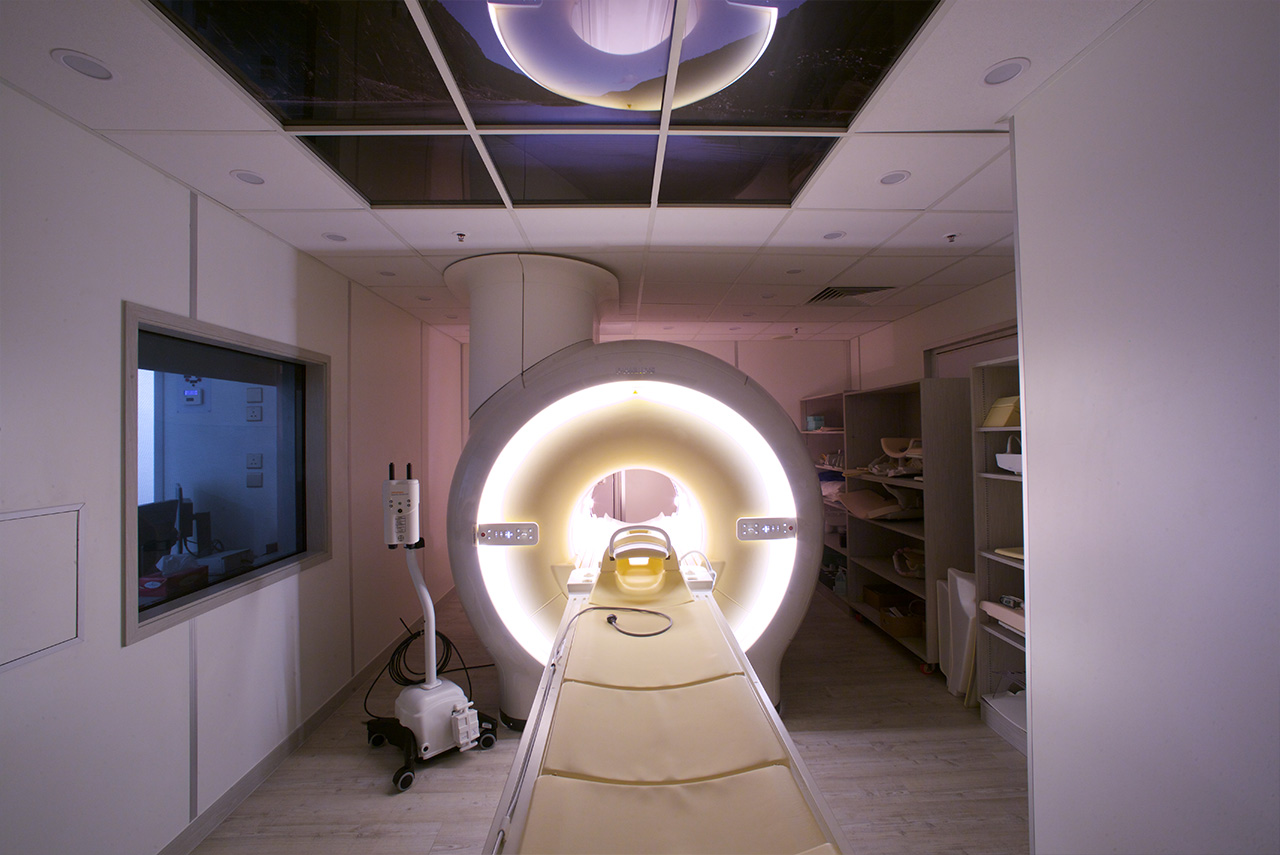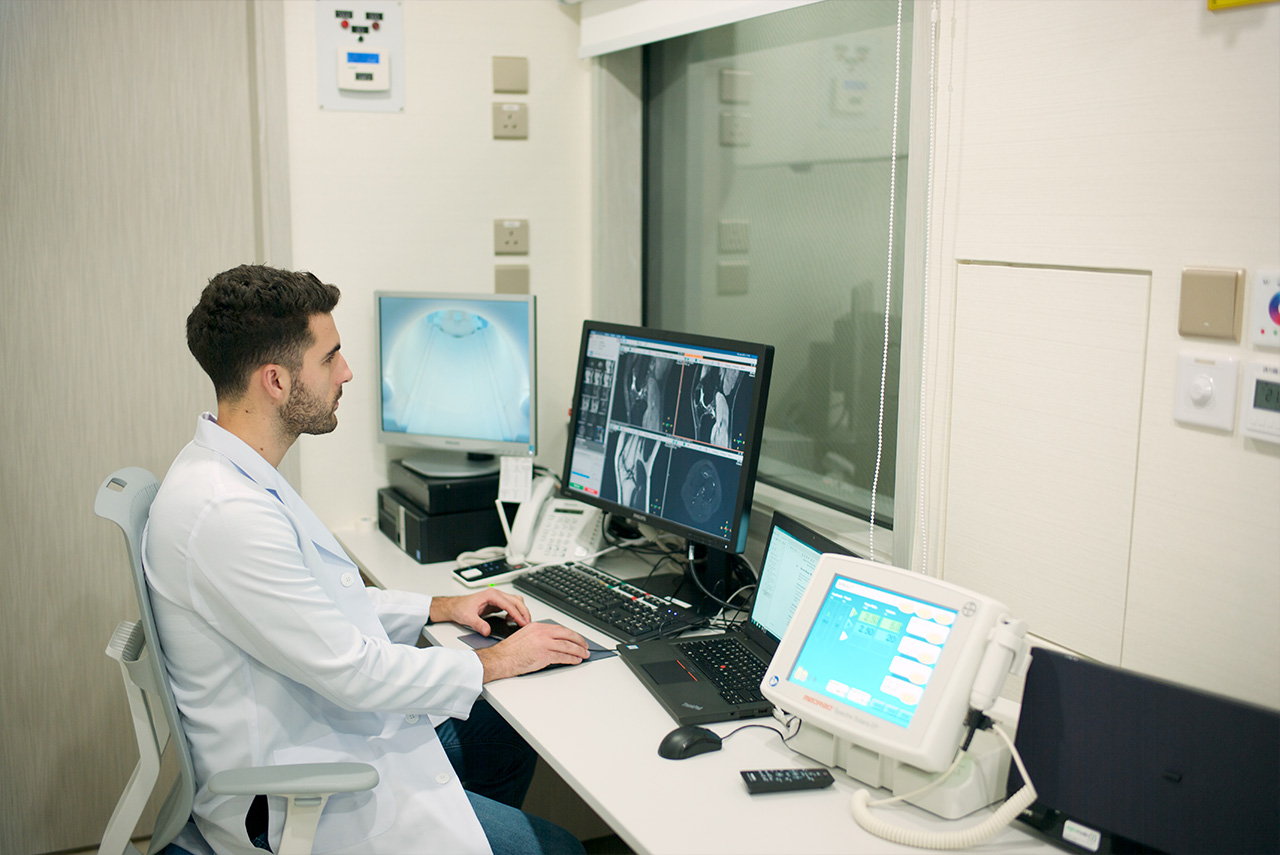Anxiety Disorder
Anxiety is a natural reaction to a stressful situation. Anyone would feel uncomfortable and uneasy when confronted with crises or obstacles. An adequate level of worry can activate physiological responses that help us stay awake and cope with daily obstacles or protect ourselves in unforeseen situations under normal conditions. However, if a person continues to feel unsettled and afraid even when there is no crisis, the persistent and excessive worry, in addition to producing emotional distress, may also obstruct his or her daily activities. The person may be suffering from an anxiety disorder in such circumstances.

Causes of Anxiety Disorder
Anxiety disorders currently lack a definite source and mechanism of development. Multiple elements, including psychological, environmental, physiological, and hereditary factors, are thought to interact and cause persistent anxiety.
1. Psychological factors:
Pessimistic, self-demanding, easily stressed characters, and so on, are more likely to generate anxiety.
2. Environmental factors:
Difficulties and conflicts in daily life, professional, social, family, or financial concerns can put people under stress and raise their risk of developing anxiety disorders. Meanwhile, unpleasant previous events that have left a person with unfavorable psychological impacts or trauma can be one of the reasons of anxiety.
3. Physiological and genetic factors:
Mental health can also be influenced by physiological health. Patients with chronic conditions, for example, are more likely to be nervous. Meanwhile, genetics may play a role in the development of anxiety.
Symptoms of Anxiety Disorder
Anxiety disorders are often accompanied by the following symptoms:
In terms of psychological health, patients may experience problems concentrating, losing their anger, insomnia, frequent worry, difficulty calming, and other issues. Patients may experience dizziness, palpitations, frequent sweating, a feeling of suffocation in the airways, wheezing, chest pain, nausea and vomiting, abdominal discomfort, paralysis of hands and feet, and other physical symptoms.
Treatment of Anxiety Disorder
Cognitive-behavioural therapy and medication therapy are two of the most effective treatments for anxiety available at the moment. To improve treatment efficacy, some patients may require both psychotherapy and medicine.
Anxiety disorders can also be controlled and prevented by using the following methods:
Relax your mind and body by focusing on your breathing
Through meditation or breathing exercises (such as abdominal breathing), concentrate on your breathing and take slow, deep breaths to relax your body muscles to reach a peaceful state of mind and body.Accept anxiety as a normal emotional response
Boost your resilience by recognizing your own strengths. When confronted with an issue, try to address it one step at a time. Maintaining a positive and objective attitude and avoiding concentrating on little irritations also helps.Talk to people in your emotional support system
Make friends and find relatives you can trust and develop an emotional support system. When you’re stressed, talk to the individuals you trust and tell them how you’re feeling.Establish a healthy lifestyle
Maintaining a healthy lifestyle can reduce anxiety. Caffeinated beverages should be avoided because they can trigger anxiety. Sugar consumption should be minimized in addition to avoiding alcoholic beverages. Meanwhile, eating a well-balanced diet, getting enough sleep on a regular basis, and exercising regularly (e.g., hiking, yoga, etc.) can help relieve stress and enhance mood.




